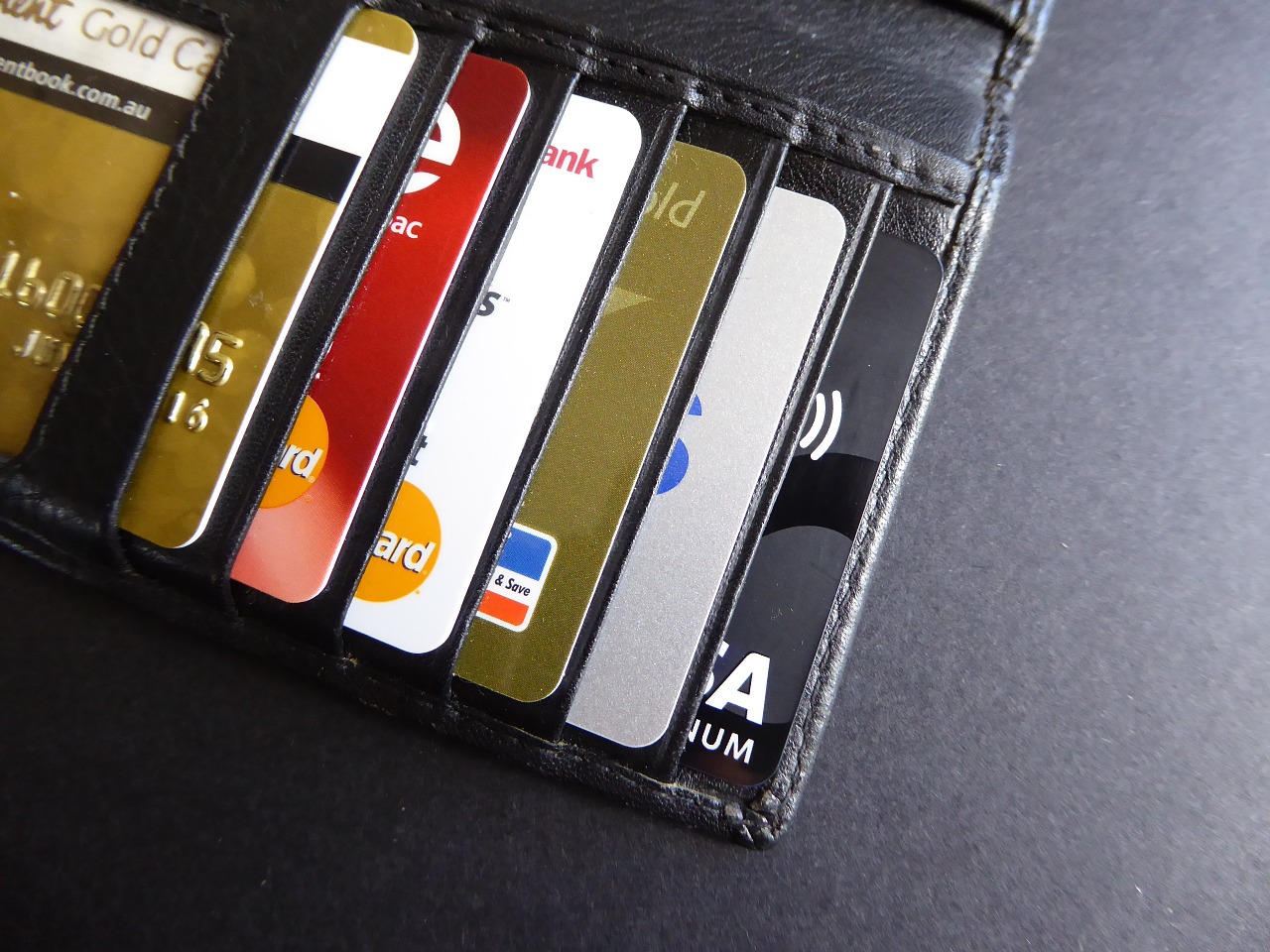For many people, credit cards are a part of daily life. Credit cards are not inherently bad, despite some of the negative publicity they get in the personal finance world. In fact, credit cards are a great way for people to start building or rebuilding their credit, and many credit cards give people cash back or other rewards for spending that they would do either way.
However, credit cards can also create a slippery slope into debt because their interest rates are typically high. When people rely on credit cards in emergency situations instead of a savings account, they may quickly find themselves in over their heads and in need of assistance to regain control of their finances. To avoid this, it’s important to approach credit cards carefully and spend time learning about how to use them effectively. Below are answers to some of the most commonly asked questions about credit cards.
What could be hidden in the legalese of a credit card agreement?
 While the thought may be intimidating, you really should read all of the fine print in an agreement before signing and ask for professional help if you do not understand something. The fine print in an agreement can hide some dumbfounding details, such as the right of credit card issuers to change the annual percentage rate (APR) at will. In other words, the interest rate can triple overnight without the cardholder even realizing it. Some credit cards may also impose harsh penalties for late payments, such as increasing the APR or charging fees in addition to the traditional late fee. Reading the fine print will give you the chance to deal with a better, more honest lender, or at the very least, prevent you from being shocked when lenders make use of these clauses.
While the thought may be intimidating, you really should read all of the fine print in an agreement before signing and ask for professional help if you do not understand something. The fine print in an agreement can hide some dumbfounding details, such as the right of credit card issuers to change the annual percentage rate (APR) at will. In other words, the interest rate can triple overnight without the cardholder even realizing it. Some credit cards may also impose harsh penalties for late payments, such as increasing the APR or charging fees in addition to the traditional late fee. Reading the fine print will give you the chance to deal with a better, more honest lender, or at the very least, prevent you from being shocked when lenders make use of these clauses.
Does paying in full every month help build credit?
Some people falsely believe that spending is not reported to major credit bureaus if no outstanding balance is carried forward. These people often carry some debt on the card in the mistaken belief that it helps them build credit quickly.
However, if the credit card company has sent a bill, it has also sent this same information to credit bureaus. For that reason, you do not have to carry balances month to month in order to build credit. However, consider paying the balance at the end of the month to build credit. If you were to pay off charges immediately, throughout the month, then the credit company has nothing to bill and nothing to report. Thus, it’s better to pay at the end of the billing cycle rather than in the middle—and it’s certainly wise to pay the entire amount you owe.
How does credit limit affect a credit score?
In the case of credit limits, you may not want the liability or temptation of a very high limit, but higher really is better. When you have a low limit, you may come close to reaching that limit every month, which will result in a high credit utilization percentage. This percentage accounts for how much of your available credit you’re using at any given time, and it does factor into the final credit score. Any number over 30 percent will negatively impact your credit score. Having a high limit but carrying a high balance may be worse for your credit score, but it’s usually much harder to hit that 30-percent mark when the card has a high limit.
How many credit cards are too many?
 Many people think that having too many credit cards will hurt their credit score. In reality, the number of credit cards you have matters less than their average age or the time you’ve had them. When you open a new credit card, this action may have a slight negative effect on your credit score, and some people may not see it go down at all. However, if you open five new cards in six months, you’ll likely see a dramatic drop in your credit score. The credit score is designed to show how financially responsible you are, so having 10 cards that are mostly a decade or more old is much different than having 10 cards all opened in the last year. The best rule of thumb is that your score is affected by the average age of all accounts, and you want to keep that average as high as you can. This might mean keeping open those old credit cards you don’t actually use, rather than closing them.
Many people think that having too many credit cards will hurt their credit score. In reality, the number of credit cards you have matters less than their average age or the time you’ve had them. When you open a new credit card, this action may have a slight negative effect on your credit score, and some people may not see it go down at all. However, if you open five new cards in six months, you’ll likely see a dramatic drop in your credit score. The credit score is designed to show how financially responsible you are, so having 10 cards that are mostly a decade or more old is much different than having 10 cards all opened in the last year. The best rule of thumb is that your score is affected by the average age of all accounts, and you want to keep that average as high as you can. This might mean keeping open those old credit cards you don’t actually use, rather than closing them.
Is there a catch to 0% balance transfers?
Offers for balance transfers often appear in the mail, and they can seem very enticing when they offer 0% interest. And it’s true that these deals could save someone who is struggling under high interest rates hundreds or even thousands of dollars. The trick, however, is that you need to actually pay the debt off to save the money, and companies offer such deals when they’re betting against your ability to do this. Before taking advantage of one of these deals, you should think strategically about how you will pay the debt off before the alluring APR expires. In addition, you need to estimate the new payments when the higher interest rate finally kicks in, to make sure that the deal is worth the effort. Finally, carefully read the fine print, as it is not uncommon for companies to cancel a 0% interest rate the first time a payment is even a day late.

